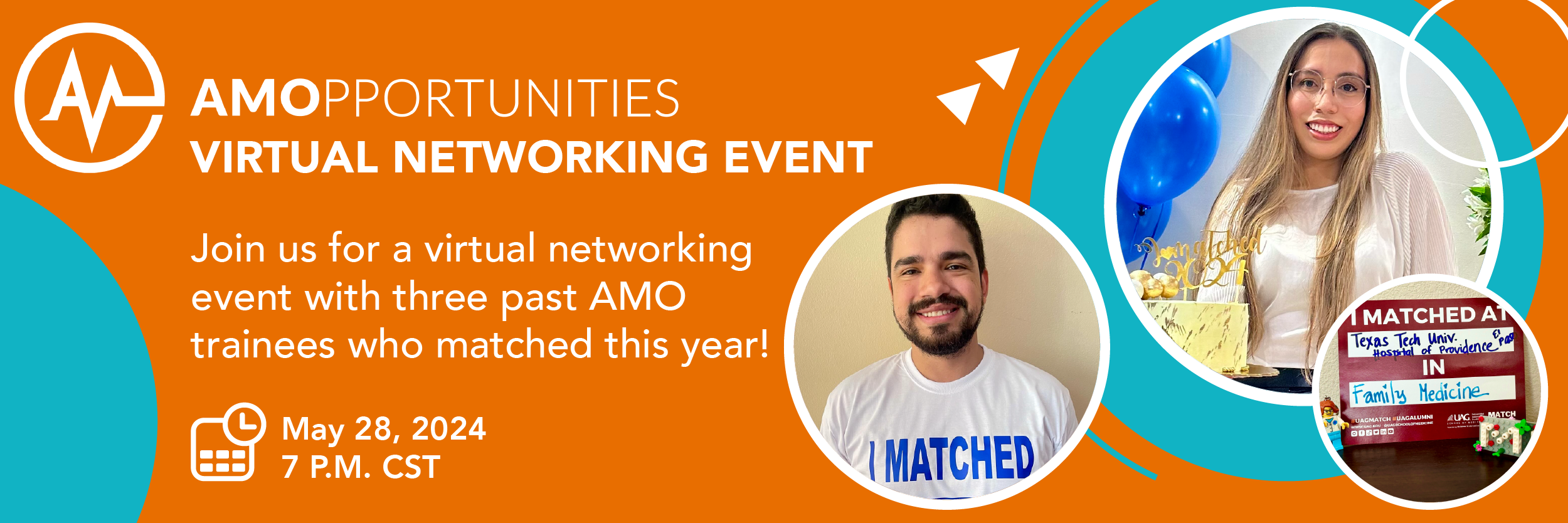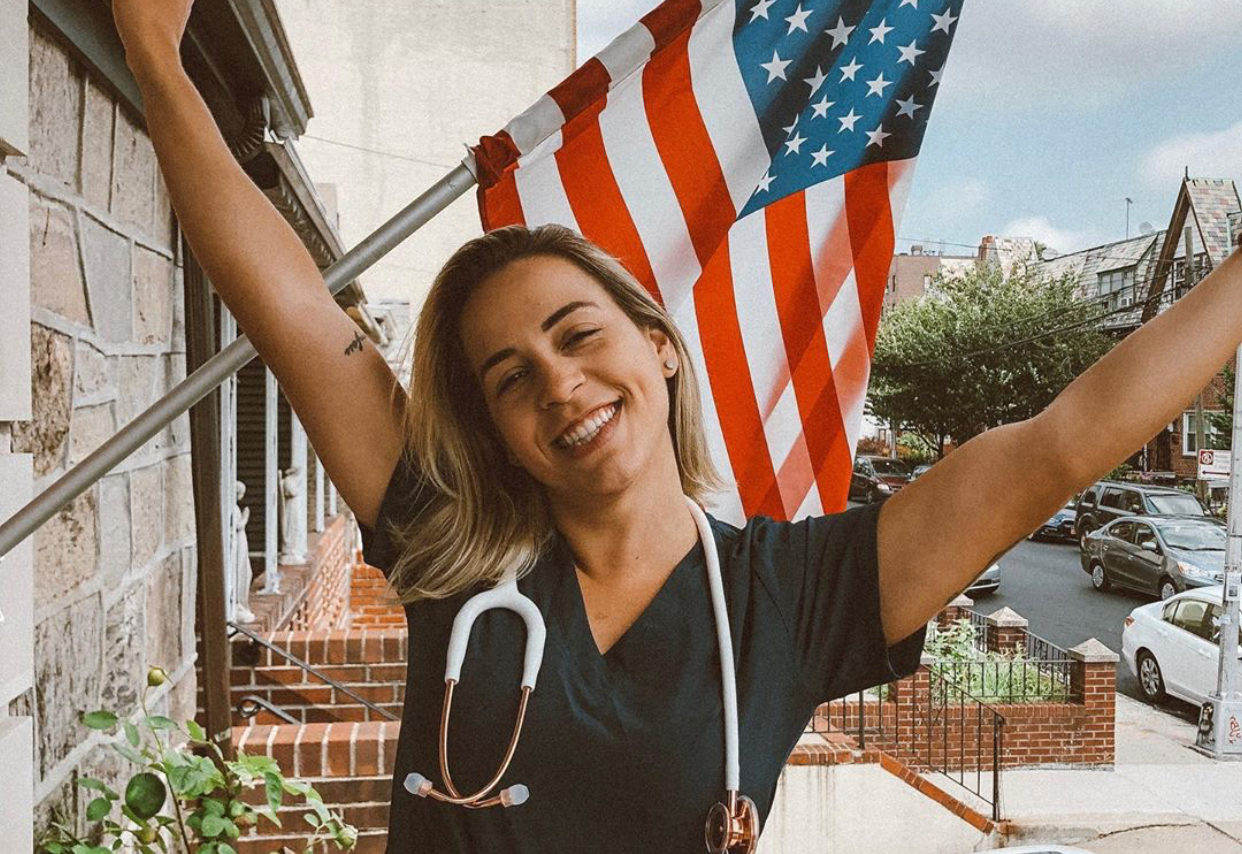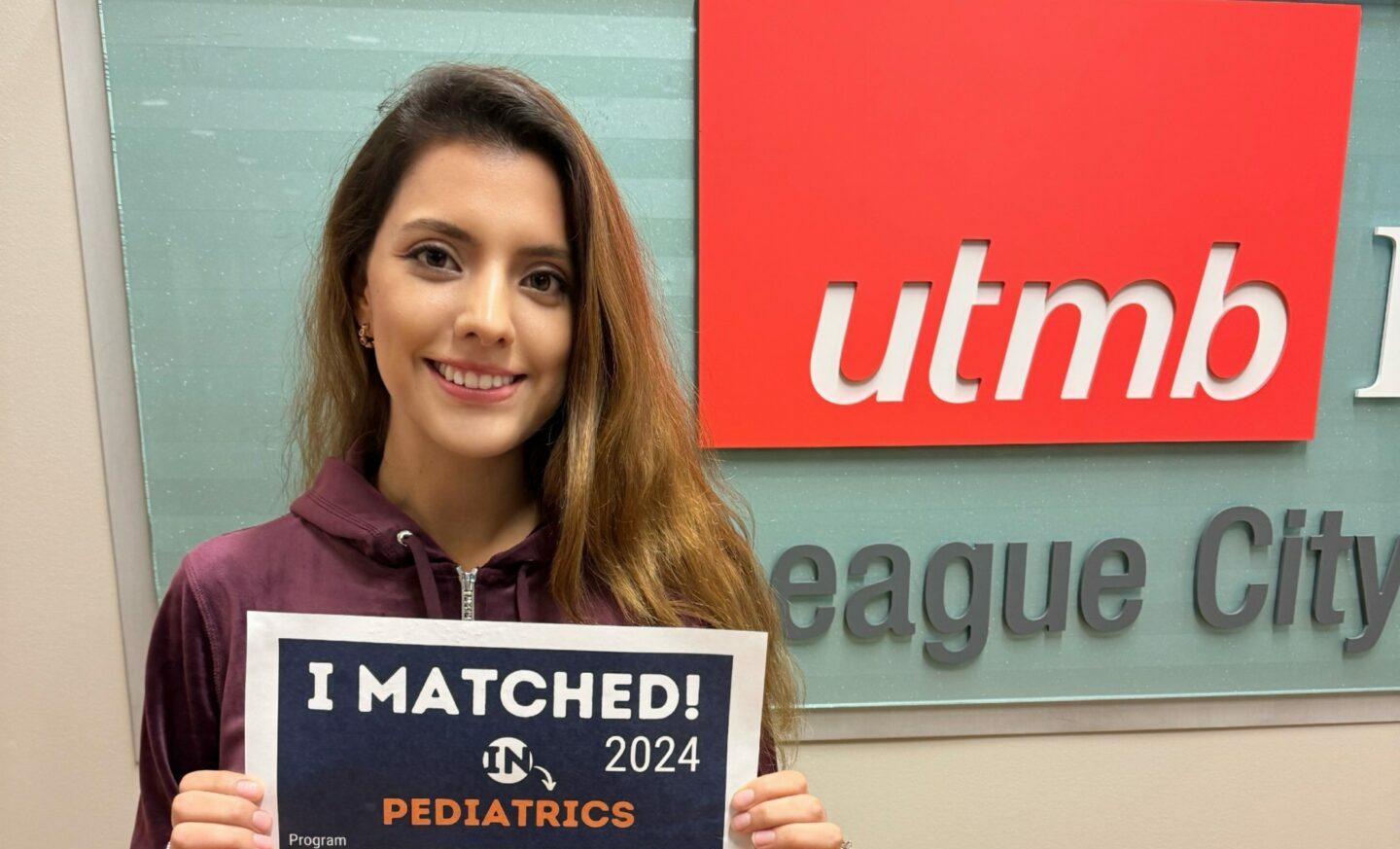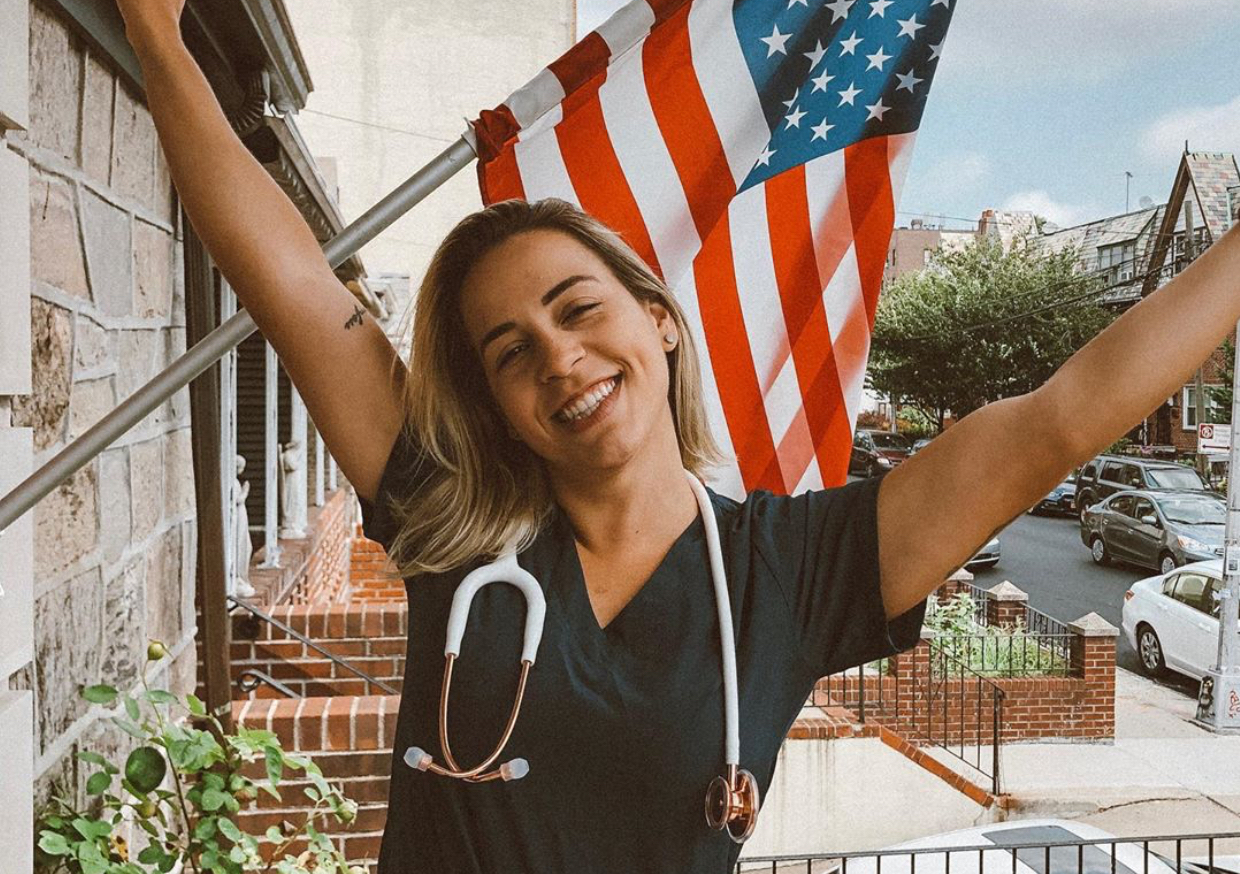The deadline to register for the 2022 Match is January 31, 2022. Following this date, those who want to register for the NRMP will be considered later applicants and will have to pay $50 in order to register. Late registration for the Match will fully close on March 2.
Whether you are participating in this year’s Match process, or you will be participating in the future, below are the top three ways you can stand out on your residency application.
Earn letters of recommendation from USCEs
Letters of recommendation are regularly among the most important factors residency programs use to decide who to interview during the Match. In 2021, LoRs ranked the third most important out of 44 categories, ranking it above USMLE Step 2 and 3 scores, class ranking, and clerkship grades.
While having a strong letter of recommendation is important, finding and earning quality LoRs can prove difficult. However, clinical experiences can be a great resource for earning letters of recommendation from trained physicians. For those looking to do a U.S. residency, earning letters of recommendation earned during U.S. clinical experiences means your letter will be written by a physician who has gone through a U.S. residency program. This means they will have insight into what residency requires and can more directly speak to how your skills and knowledge translate into the next stage.
Do at least one virtual rotation
Like in-person clinical experiences, virtual rotations are a great way to engage with the U.S. healthcare system and earn a letter of recommendation from a precepting physician. However, virtual clinical rotations also have their own benefits that are less possible with in-person rotations.
Virtual rotations provide experience in telehealth. With the demand for telehealth forecast to continue the exponential growth it experienced during the Covid-19 pandemic, telehealth will be a crucial skill to show experience in your application materials. Virtual rotations provide interaction with patients through specific monitors brought into patient rooms, but they also provide the opportunity to sit in on virtual telehealth visits and experience virtual doctor/patient interactions, diagnosis, and more.
Virtual rotations also show that you are adaptable to changes in the field and open to new approaches to practicing medicine. Especially during the pandemic, doing virtual rotations shows your commitment to medicine and willingness to take challenges head-on.
Show commitment to a specialty
While less tangible than other application materials, “Perceived Commitment to Specialty” ranked as the sixth most important factor when deciding who to interview according to the 2021 Match Director Survey. While there are many ways to show commitment to your specialty, perhaps none are as explicit and clear as clinical rotations in that specialty.
Naturally, clinical rotations are a required part of any medical education, and not all rotations will be in your preferred specialty. However, extra clinical experiences beyond core and elective clinical rotations (including pre-med shadowing experiences before medical school) are a great way to learn about your preferred specialty in real-world settings. This experience not only shows on your CV, but it gives you specific knowledge to pull from while writing other application materials such as your personal statement and gives you the chance to earn LoRs from practicing physicians in the specialty you want to Match into.
For more on registering for the Match, click here.
Looking to build out your application? Create a free account to explore AMO’s more than 250 clinical experiences







Leave A Comment